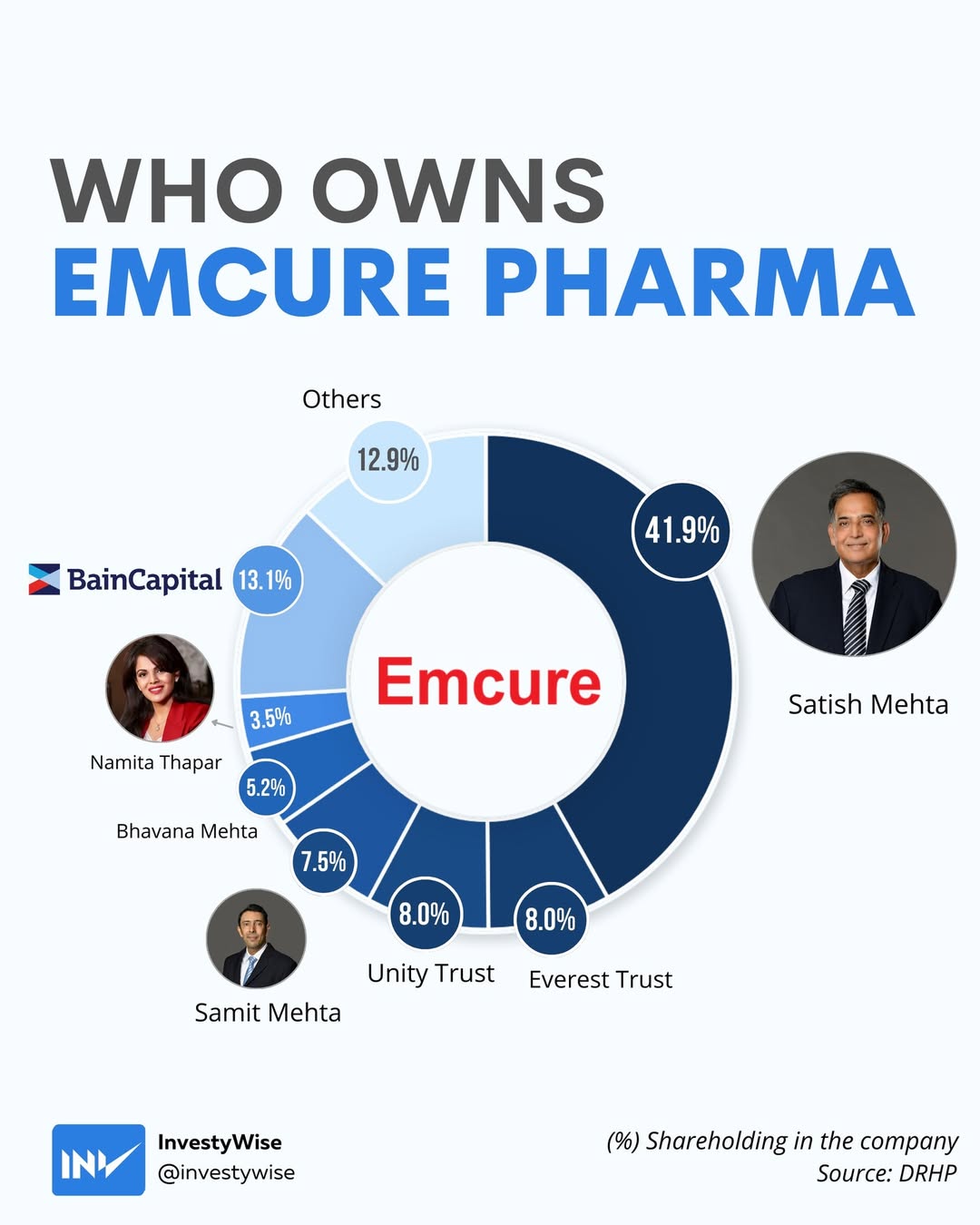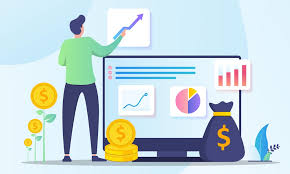Back
More like this
Recommendations from Medial
Nandishwar
Founder @StudyFlames... • 1y
💊 Who Really Owns Emcure Pharma? 🏢 Here’s a quick breakdown of Emcure Pharma’s ownership structure—insightful, right? Let’s dive in: 1️⃣ Satish Mehta: Leading the pack with a massive 41.9% stake! Truly the captain steering Emcure’s ship. 2️⃣ Bai
See More
gray man
I'm just a normal gu... • 9m
Riding the momentum of its April 2025 launch, Delhi NCR's Pronto, a home services startup, has raised $2 million (INR 17.1 Cr) in seed funding from Bain Capital Ventures. This investment will power Pronto's ambitious 90-day growth strategy, which i
See More
Vishnu dubey
CEO of @EliteSS | In... • 1y
"ESOPs (Employee Stock Ownership Plans) empower employees by giving them a stake in the company’s success. 💼✨ They foster loyalty, boost motivation, and create wealth for employees while aligning their goals with the company’s growth. A win-win for
See MoreVikas Acharya
Building Reviv | Ent... • 12m
Forbes India 30 Under 30 2025: Anant Mohta and the art of making deals. Mohta became Bain Capital's youngest VP at 27 and in 2022, the company closed a near-$500 million deal to pick up a substantial stake in asset and wealth management services fir
See More
Abdullah Nedariya
Business builder • 8m
yeah influence and brand! I am deciding to make an application which will join influence and brand for sponsor. Any influencer and brand can you tell your problem while finding each other. And also give cons of application or website which providing
See MoreDownload the medial app to read full posts, comements and news.

















/entrackr/media/post_attachments/wp-content/uploads/2021/08/Accel-1.jpg)



















